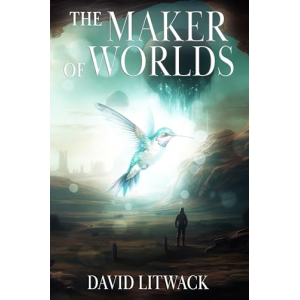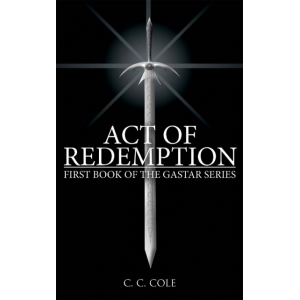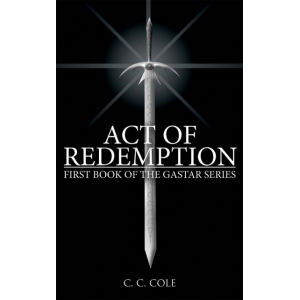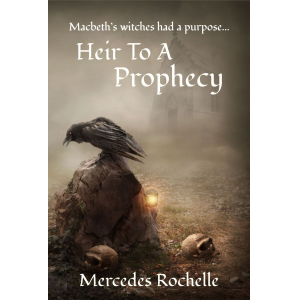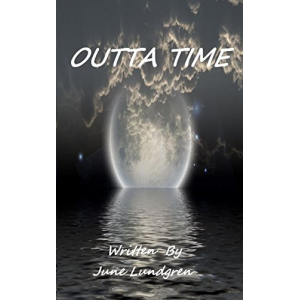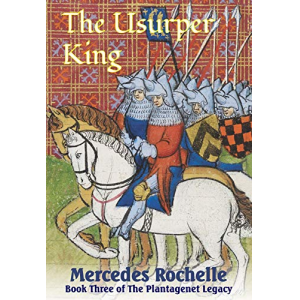- Author
- Book
- Story behind the book
- Media Links
- Reviews
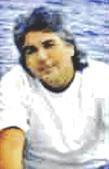
Stephen Sangirardi
About
I am a retired New York English teacher who has published two previous volumes of short stories - 'The Geometers of Intellect' and 'Life on the Planet'.
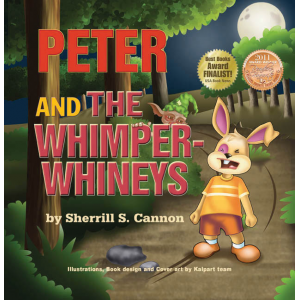
Peter and the Whimper-Whineys
Description
<span style="line-height:115%;font-family:Calibri, 'sans-serif';font-size:11pt;"><span style="font-family:Calibri;">Peter and the Whimper-Whineys is about a small rabbit who whines all the time. His mother cautions him that if he keeps on whining and crying, he’ll have to go live with the Whimper-Whineys. One night Peter hops into the dark forest.<span> </span>He meets some Whimper-Whineymen and discovers that not only do the Whimper-Whineys whine all the time, but they are very ill-mannered and rude. He discovers that everything is sour in Whimper-Whineyland and decides his mother was right! If only he can get back home… a recent critique, “Though there are other books out there for children about whining, I cannot imagine any parent or guardian not wanting to read this book to their child!... <span> </span>Parents everywhere applaud you!” </span></span>
Story Behind The Book
Asked to write some information about how I came to write my novel, I must be very frank about three things. Two years ago, my friend and the Editor of Wild Leaf Press, Bill Hunter, gave me some advice about writing a novel. Bill said that what sells today in America is sex, death, and violence. Monday Afternoon has plenty of the first two ingredients without being pornographic and morbid. I am the eternal English teacher who can’t resist a literary allusion or two and the flourishing sentence. Secondly, the adultery of the main character is the author’s wish fulfillment. Since for a numbers of reasons I have not sinned in the flesh, I decided to sin in this book. In my younger days I spent a lot of time at the Stamford Nature Center in Connecticut; hence, this is where Angelo meets Monica. It’s a lot more convenient to cheat on one’s wife in fiction rather than in the flesh. I’d recommend it to all husbands when the thrill with marriage deliquesces. It is the difference between the menu and the meal; the menu is safer, akin to Shakespeare’s exploration of murder in his plays, such as Othello and Hamlet, in lieu of actual murder. A lot less messy I should think.
Media Links
Reviews
<p style="margin:0pt;" class="MsoNormal"><strong><span style="font-family:Arial;"><font size="2">Margaret Anthony, author of ‘The Spirit Of The Butterfly’:</font></span></strong></p> <p></p> <p style="margin:0pt;" class="MsoNormal"><span style="font-family:Arial;"><font size="2">I've not read anything like this for some time. This is such intelligent writing to be read and savored, not a word should be missed. Clearly you love language and introduce me certainly to words I must ponder over whilst enjoying the richness of this beautifully written vocabulary and intriguing story.</font></span></p> <p></p> <p style="margin:0pt;" class="MsoNormal"><strong><span style="font-family:Arial;"></span></strong></p> <p><font size="2"></font> </p> <p style="margin:0pt;" class="MsoNormal"><font size="2"><strong><span style="font-family:Arial;">Comment from Caroline Hartman, author of ‘Summer Rose’</span></strong><span style="font-family:Arial;">: </span></font></p> <p></p> <p style="margin:0pt;" class="MsoNormal"><span style="font-family:Arial;"><font size="2">My senses filled up a few paragraphs after they met. They certainly spoke the language of literature and I'm sure they, at first, feel they've gone to heaven. What a premise.</font></span></p> <p></p> <p style="margin:0pt;" class="MsoNormal"><strong><span style="font-family:Arial;"></span></strong></p> <p><font size="2"></font> </p> <p style="margin:0pt;" class="MsoNormal"><strong><span style="font-family:Arial;"><font size="2">Comment from Ashen Venema, author of ‘Course Of Mirrors’:</font></span></strong></p> <p></p> <p style="margin:0pt;" class="MsoNormal"><span style="font-family:Arial;"><font size="2">Angelo who takes in the world through literary references meets his match. Quick-witted, sensitive, he knows how to give empathy but receives none from his wife, maybe because his empathy for her was exhausted. Habit has a habit of doing this. But there is conscience. When love becomes more important than any moral code a man has a problem. This is a delicate exploration conveying the excitement of a rare resonance – often feared and repressed because we can’t control its stay.</font></span></p> <p></p> <p style="margin:0pt;" class="MsoNormal"><em><span style="font-family:Arial;"></span></em></p> <p><font size="2"></font> </p> <p style="margin:0pt;" class="MsoNormal"><strong><span style="font-family:Arial;"><font size="2">Comment from Robert Ellal, author of ‘By These Things Men Live’:</font></span></strong></p> <p></p> <p style="margin:0pt;" class="MsoNormal"><span style="font-family:Arial;"><font size="2">I felt both uncomfortable and comforted by reading your work. It reminded me of me, a long time ago, flush with the drama of being a literary man--and becoming entranced by a beautiful literary woman. Brilliant ripostes between us with no explanation needed.</font></span></p> <p></p> <p style="margin:0pt;" class="MsoNormal"><strong><span style="font-family:Arial;"></span></strong></p> <p><font size="2"></font> </p> <p style="margin:0pt;" class="MsoNormal"><strong><span style="font-family:Arial;"><font size="2">Comment by Tim Roux, managing editor of Night Publishing:</font></span></strong></p> <p></p> <p style="margin:0pt;" class="MsoNormal"><span style="font-family:Arial;"><font size="2">The scene of Angelo meeting and falling in lust / love with Monica is as visceral a description of the physiology of enchantment as I have ever encountered in literature. It verges on the multi-sensory.</font></span></p> <p></p> <p style="margin:0pt;" class="MsoNormal"><span style="font-family:Arial;"></span></p> <p><font size="2"></font> </p> <p style="margin:0pt;" class="MsoNormal"><strong><span style="font-family:Arial;"><font size="2">Comment from Carrie L. McRae, author of ‘Things That Break’:</font></span></strong></p> <p></p> <p style="margin:0pt;" class="MsoNormal"><span style="font-family:Arial;"><font size="2">This is a really well written book; the language he uses is very sophisticated and mature and the characters are also very believable.</font></span></p>
